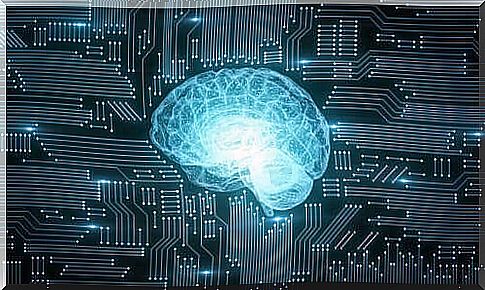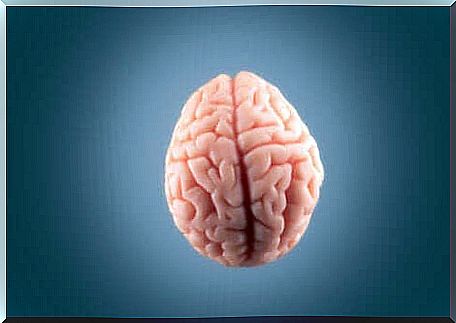How Digitization Affects The Brain

The human brain has nearly 100 billion neurons that communicate with each other faster than light. However, since digitization has invaded our lives, people are beginning to wonder whether the brain could lose some of its capabilities as a result.
The brain has incredible plasticity and adaptability, meaning it adapts to the environment to optimize resources. In other words, if digitization means that the brain no longer needs to be in charge of certain processes, it may compensate for this by improving other skills.
Researchers have already started addressing this question. They have even been able to identify some changes in the brain, especially in the youth population.

Digitization and Cognitive Skills
Many technological advances have been made in a relatively short period of time. This has clearly changed the way we behave. Now we have different habits and do tasks in a different way. The way we communicate with each other and how we access information has changed and will continue to change.
According to Gary Small, a neuroscientist at the University of California, Los Angeles (UCLA), using technology changes your brain. Researchers have seen that some neural networks get stronger, while others get weaker.
Although this is a natural process in the human brain, Small argues that certain structures or specific circuits are changing. An example is the brain circuit of attention.
We spend a lot of time on our smartphones, tablets and computers. Sometimes we use several devices at the same time. Multitasking is a cognitive skill that allows you to pay attention to several tasks at once. However, research shows that the brain can only pay attention to two tasks.
So, when the brain focuses on two tasks, the prefrontal cortex allocates its resources to perform them. However, if you try to do more than two tasks at once, you will have trouble filtering information.
You also focus on things that have nothing to do with the task and find it difficult to switch back and forth between tasks. In addition, all these technological developments affect your ability to retain information, because you can look up the answer to any question at any time.
That said, however, scientists also suspect that multitasking improves the brain’s ability to make decisions, as your senses are sharpened and the digital world encourages speed. It also improves the speed of information processing.
Digitization and the developing brain
The effect of digitization on children’s brains is important. Unlike the adults of today, they have never known an analog world. They were born in this technology-oriented society. Children born after the year 2000 are even considered ‘digital natives’ or ‘the digital generation’.
This means that they have always been surrounded by technology. As a result, they spontaneously and naturally develop a distinct way of thinking and understanding the world.
These digital generations develop digital skills as they grow up. But not just because of their environment. The way in which the adults around them facilitate their interaction with the digital world also plays a key role.
For example, parents who give their young children mobile phones or tablets to keep them entertained. This may seem harmless behavior, but it can negatively affect the development of children.
On the one hand, it encourages a more sedentary lifestyle, which can cause physical changes in the brain. Lack of physical activity can cause the deterioration of nerve fibers and poor cognitive performance.
Also, researchers have seen that excessive exposure to technology can have a significant impact on language development. It can even increase cortisol levels, which are harmful to the brain.

Will our brains turn to mush?
As we mentioned above, the brain is incredibly adept at responding to its environment. Part of that adaptation is doing without neural networks, as it no longer needs or uses them.
So as the world becomes more and more digitized, some networks will no longer be needed and eventually deteriorate. This is what scientists call ‘the paradox of progress’.
Contrary to what you may think, however, this is not necessarily a bad thing. That’s because the ever-changing brain will use those newly available resources to hone other skills.
For example, you no longer have to remember concrete information because you can look it up on your phone at any time. You should, however, be remembered that you can access that information. In short, digitization is definitely changing the brain. As a result, it also changes how you perceive and process the world.









